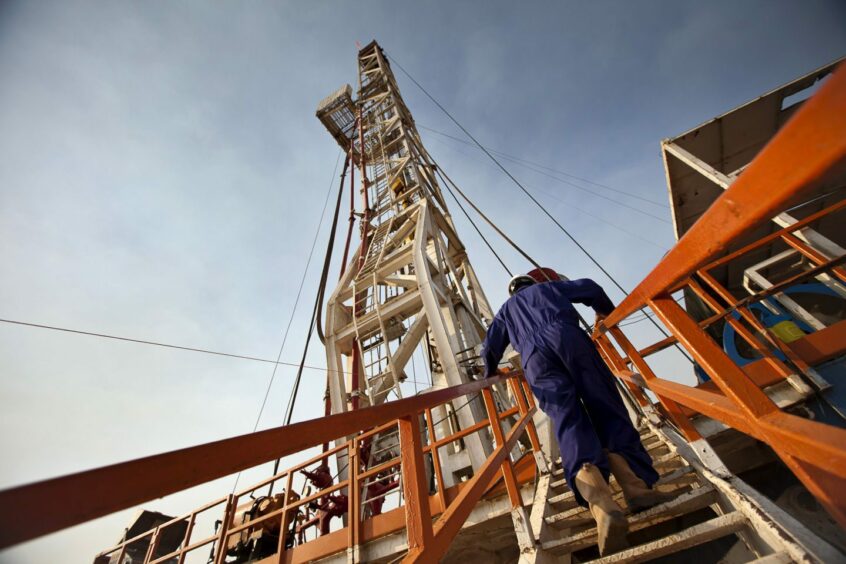
Instability in Khartoum has seen the Sudanese Ministry of Energy and Petroleum to relocate to Port Sudan, while reports have also emerged of a key pumping station changing hands.
Wildcat Petroleum reported the ministry move on October 6. The ministry has not officially confirmed the relocation and has not yet responded to request for confirmation.
There has been mounting speculation in recent weeks of the Sudanese Armed Forces (SAF) forming a transitional government in Port Sudan.
Fighting broke out in April, between the SAF and the paramilitary Rapid Support Forces (RSF), led by General Abdel Fattah al-Burhan and General “Hemedti” Dagalo respectively. The RSF has increased its control of Khartoum.
In September, the iconic Greater Nile Petroleum Operating Company (GNPOC) tower was damaged, seemingly by RSF shelling. The Ministry of Justice was also set on fire.
Port Sudan has been calmer than Khartoum, but not wholly quiet. Last month, the SAF clashed with a rival militia in the middle of the city, seemingly in a dispute around a checkpoint. Port Sudan is the terminal for oil exports from South Sudan, and is crucial for the country’s economy.
As the SAF moves to shore up its position in Port Sudan, the RSF has raised the prospect of focusing more attacks in this area. Al-Burhan appears to be resident in Port Sudan.
Locals have accused the RSF and SAF or human rights violations. According to reports, both sides have targeted civilian populations and infrastructure.
Oil pressures
AFP reported last week that the RSF had seized control of the al-Aylafoun pumping station, about 30 km from Khartoum. Should the pumping station stop operating, exports of crude oil would fall.
Various peace efforts are under way. Saudi Arabia has hosted the leaders of the RSF and SAF recently, but progress has been slow. One of the key points of difference has been on control of Khartoum.
